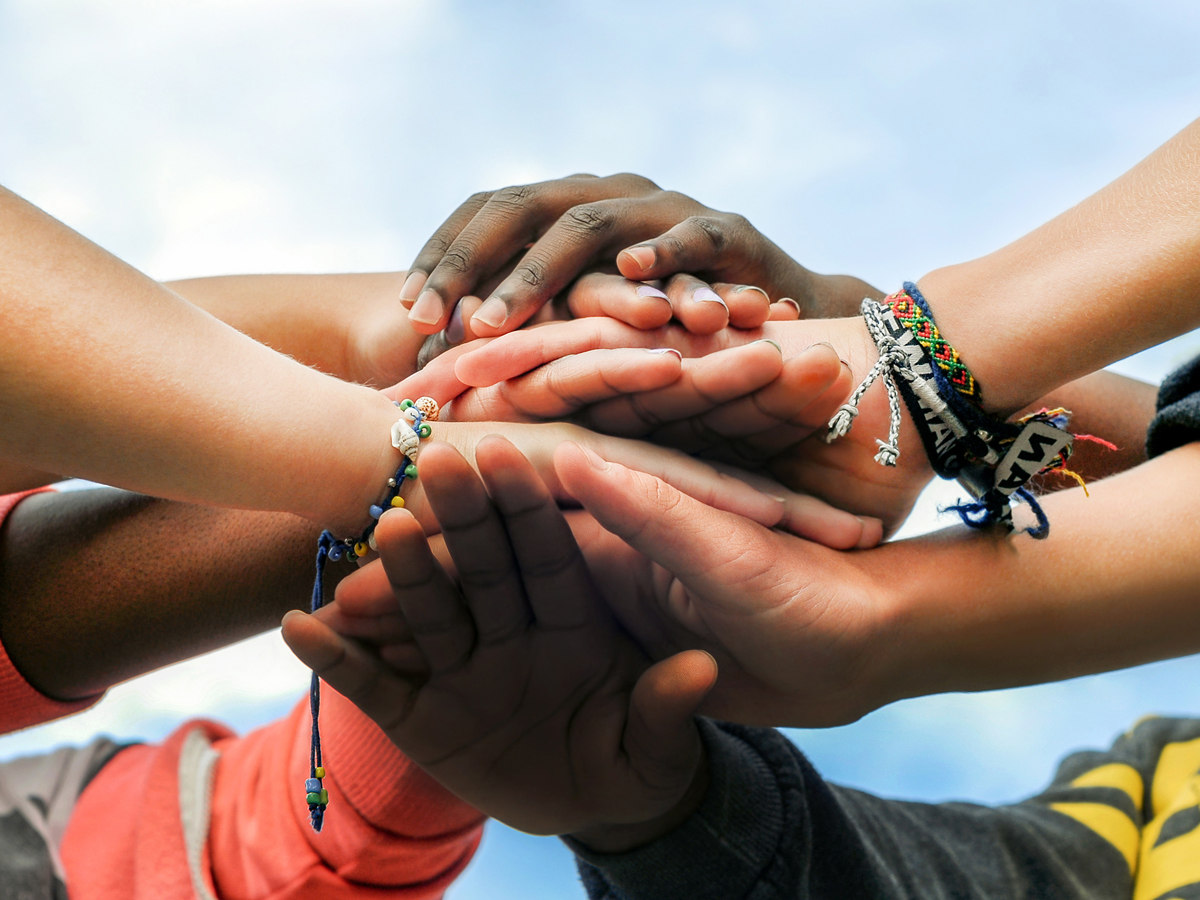Ryerson researchers tackle issue of youth violence on a global scale

Researchers at Ryerson are engaged in the worldwide protection of youth, recognizing not only their individual rights but also seeking their input in developing the policies and protocols that will enhance their safety and security.
Professors Tara Collins and Henry Parada have established networks that span borders and created partnerships that bring together academics, policy makers, and even the youth themselves. While their projects are distinct, their goals are similar: increasing the protection of children and bolstering the policies and protocols in place for those protections.
Tara’s work spans Canada, Brazil, South Africa, Scotland, and China. As a professor at Ryerson's School of Child and Youth Care, her aim is to get children and young people involved in the dialogue of creating protection policies in order to ensure that their rights are accurately reflected and respected.
“While experts talk about the importance of participation, they find it difficult in practice,” said Tara. “Often when youth are consulted, they don’t have any actual input in the final results.”
Through a Social Sciences and Humanities Research Council of Canada (SSHRC) Partnership Development Grant, the “International and Canadian Child Rights Partnership” was formed with members from academia and non-governmental organizations. The team is highlighting a gap in the system: due to a number of underlying factors such as the lack of recognition of children’s capacities, institutional barriers, competing agendas, and the complexities of child rights, agencies around the world struggle with how to acquire information from youth and how to translate that information into protection policies.
“We are currently in the process of doing a literature review and key informant interviews,” said Tara. “What we have realized is that there is very little monitoring going on.”
A Child and Youth Advisory Committee has been established as well, and they will be part of the ongoing research throughout the project. The Committee’s participation is the first step in bridging the gap between institutional knowledge of children’s needs and the knowledge created through the experiences of children and young people.
A professor at Ryerson’s school of social work, Henry and his team work mainly in the Americas, including the Dominican Republic, El Salvador, Guatemala, Honduras, Jamaica, Nicaragua, Trinidad and Tobago, and their diasporas here in Canada.
Through a Global Affairs grant to work in the Dominican Republic, Henry’s team worked to mobilize youth to get them engaged in the political process. The team helped build 20 municipal youth councils and got them involved in political campaigns, elections, and citizenship engagement. Every year, the groups hold meetings, which will culminate this year in a national youth congress.
The Global Affairs grant also encompassed additional outreach efforts. Since he began collaborating with local agencies in the Caribbean, Henry’s team has supported the development of Local Communities of Child Protection (LCOCPs) in 15 geographic locations. An additional 87 LCOCPs have been created in the Dominican Republic by the government as a result of the team’s success and support for sustainability. “This is one area where we have had tremendous impact,” said Henry, whose team has also worked to ensure that the local agencies have a standard set of policies and protocols for practices to ensure child protection.
The creation of the first ever Masters of Social Work graduate program in the Dominican Republic at the Pontificia Universidad Católica Madre y Maestra (PUCMM) was a key component in the project to encourage ongoing research and the creation of knowledge in areas where the need for social workers is great.
Through his most recent SSHRC Partnership Grant, Henry’s research focuses on the immigration of unaccompanied children, violence against children, the institutional practices designed to help children, and the use of social media to disseminate the knowledge produced.
“Due to its collaborative nature, the project has required extra time,” Henry said. “There is tremendous good will between the partners. We want to closely explore the experiences of youth within difficult social conditions.”